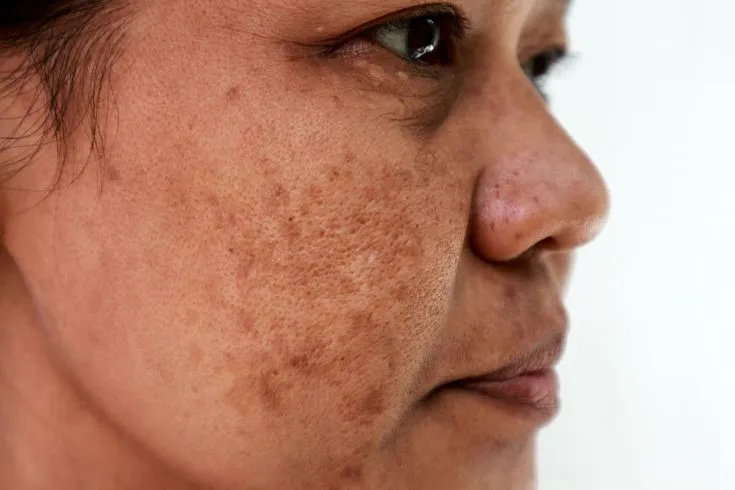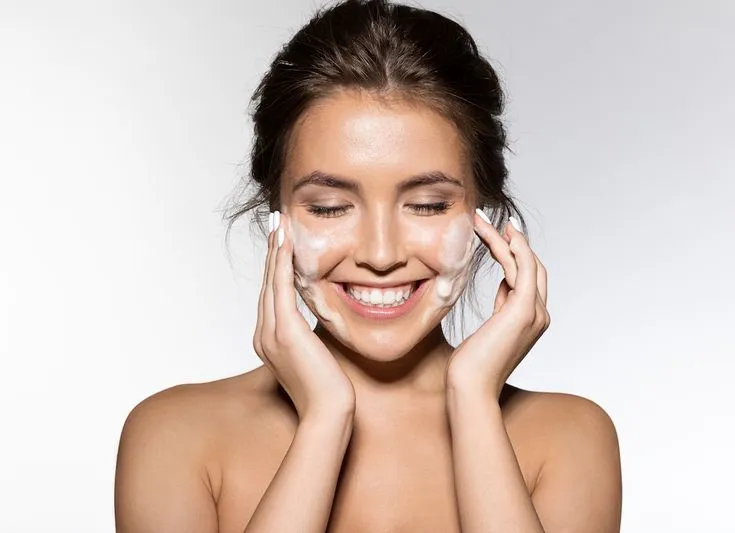Hyperpigmentation and dark spots can be a source of frustration for many individuals. These skin issues often result from various causes, including sun exposure, acne, and aging. In this comprehensive guide, we will explore the differences between dark spots and hyperpigmentation, understand their causes, and provide effective strategies to treat and prevent them.
Are Dark Spots and Hyperpigmentation the Same
Dark spots and hyperpigmentation are terms often used interchangeably, but they are not exactly the same. Dark spots refer to localized areas of increased pigmentation on the skin. These spots can be caused by a variety of factors, including sun exposure, hormonal changes, and skin injuries.
Hyperpigmentation, on the other hand, is a broader term that encompasses various conditions where the skin produces excess melanin, leading to darkening. This can manifest as dark spots, melasma, or post-inflammatory hyperpigmentation (PIH). So, while dark spots are a type of hyperpigmentation, hyperpigmentation itself is a more comprehensive category.

How Do You Get Rid of Dark Spots from Hyperpigmentation?
Getting rid of dark spots caused by hyperpigmentation requires a multifaceted approach:
- Sunscreen: Protecting your skin from further UV damage is crucial. Use a broad-spectrum sunscreen with at least SPF 30 daily.
- Topical Treatments: Look for products containing ingredients like:
- Hydroquinone: A skin-lightening agent.
- Vitamin C: Helps fade dark spots and brighten the skin.
- Alpha Hydroxy Acids (AHAs): Exfoliate the skin, promoting the shedding of darkened cells.
- Retinoids: Prescription retinoids like tretinoin can improve skin texture and fade hyperpigmentation.
- Chemical Peels: Dermatologists can perform chemical peels to remove the top layer of skin, reducing dark spots.
- Laser Therapy: Advanced treatments like laser therapy can target dark spots with precision.
- Home Remedies: Some natural remedies like aloe vera, lemon juice, and licorice root extract may help, but results can vary.
- Patience: Results take time. Consistent use of products and treatments is essential.
What Is Best for Hyperpigmentation and Dark Spots
The effectiveness of treatments for hyperpigmentation and dark spots can vary from person to person. What works best depends on the severity of the condition, skin type, and individual preferences. Generally, a combination of treatments often yields the best results.
- Consult a Dermatologist: Start by consulting a dermatologist who can assess your skin and recommend a tailored treatment plan.
- Over-the-Counter (OTC) Products: OTC products with ingredients like niacinamide, licorice extract, and kojic acid can be effective for mild cases.
- Prescription Medications: For more stubborn hyperpigmentation, prescription medications such as hydroquinone and tretinoin may be necessary.
- Combination Therapy: Dermatologists often recommend a combination of treatments, such as topical products, chemical peels, and laser therapy.
- Preventive Measures: To prevent new dark spots, continue using sunscreen daily, even after your dark spots have faded.
- Maintenance: After achieving your desired results, it’s crucial to maintain a consistent skincare routine to prevent the recurrence of dark spots.

How Do You Treat Hyperpigmentation Spots?
Treating hyperpigmentation spots involves a patient and consistent approach. Here are the key steps:
- Cleanse: Start with a gentle cleanser to remove dirt and makeup.
- Sunscreen: Apply sunscreen every morning to protect your skin from further damage.
- Topical Treatments: Use products containing ingredients like vitamin C, niacinamide, or hydroquinone, as recommended by your dermatologist.
- Moisturize: Keep your skin hydrated with a suitable moisturizer.
- Evening Routine: In the evening, apply retinoids or other prescribed medications.
- Professional Treatments: Consider professional treatments like chemical peels or laser therapy if recommended by your dermatologist.
- Patience: Hyperpigmentation takes time to fade. Be consistent and patient with your skincare routine.
Hyperpigmentation and dark spots can be frustrating, but with the right approach, you can improve their appearance and prevent future occurrences. Remember to consult a dermatologist for personalized guidance and treatment options. By combining proper skincare practices, professional guidance, and patience, you can achieve a clearer and more radiant complexion.